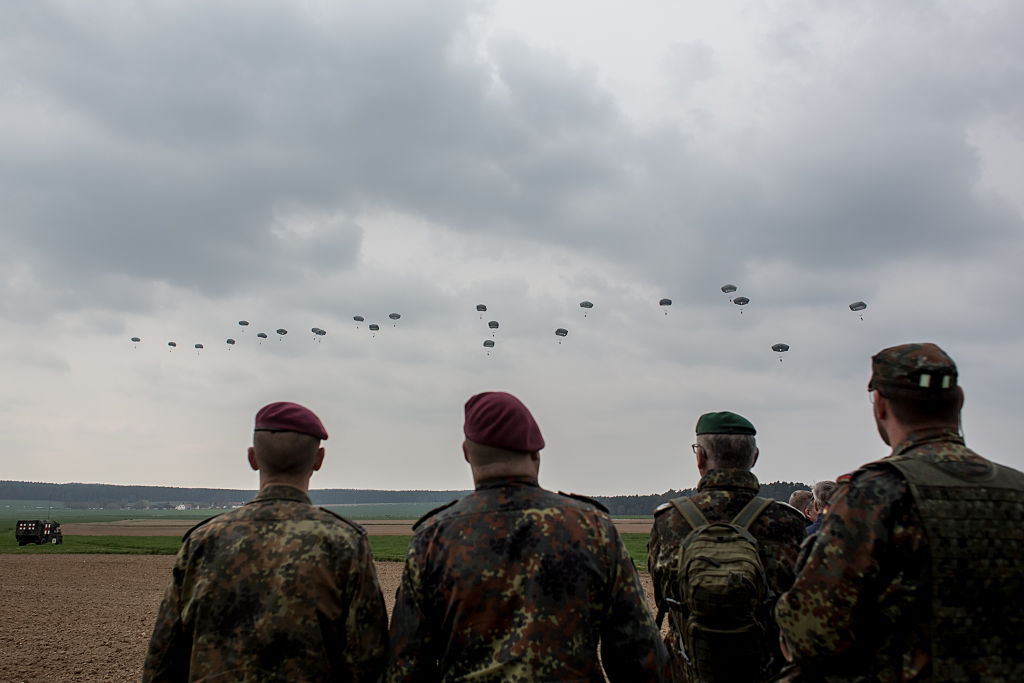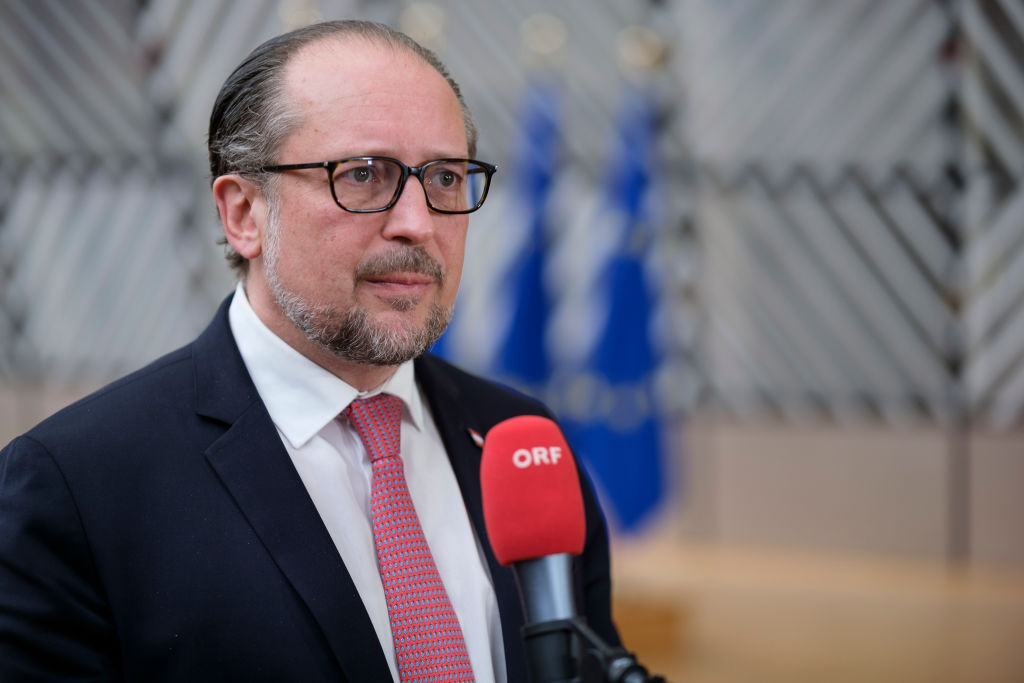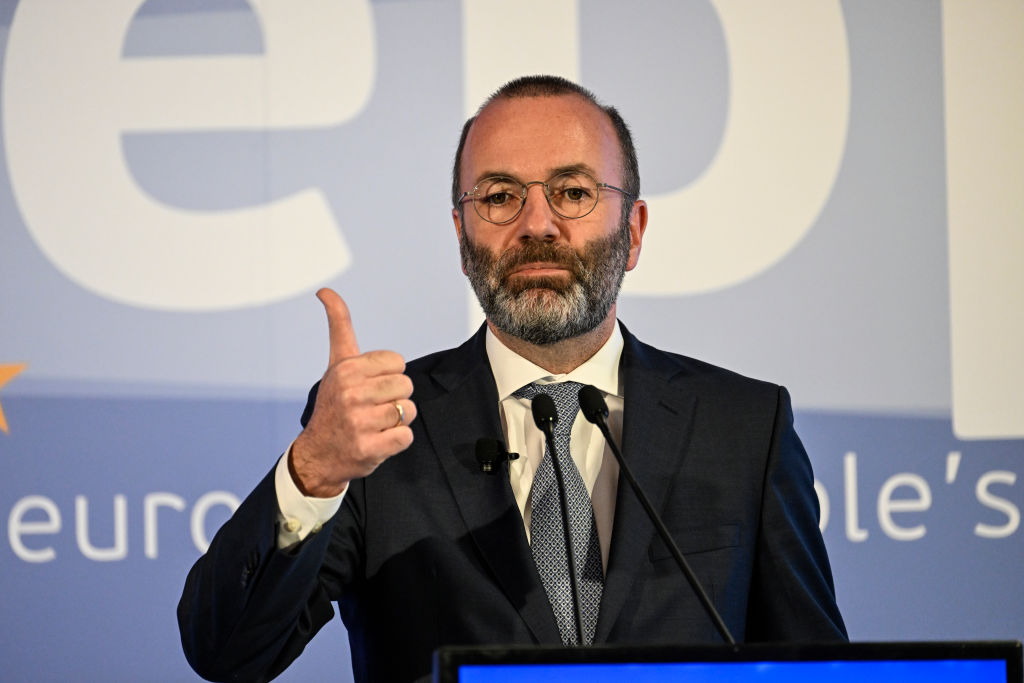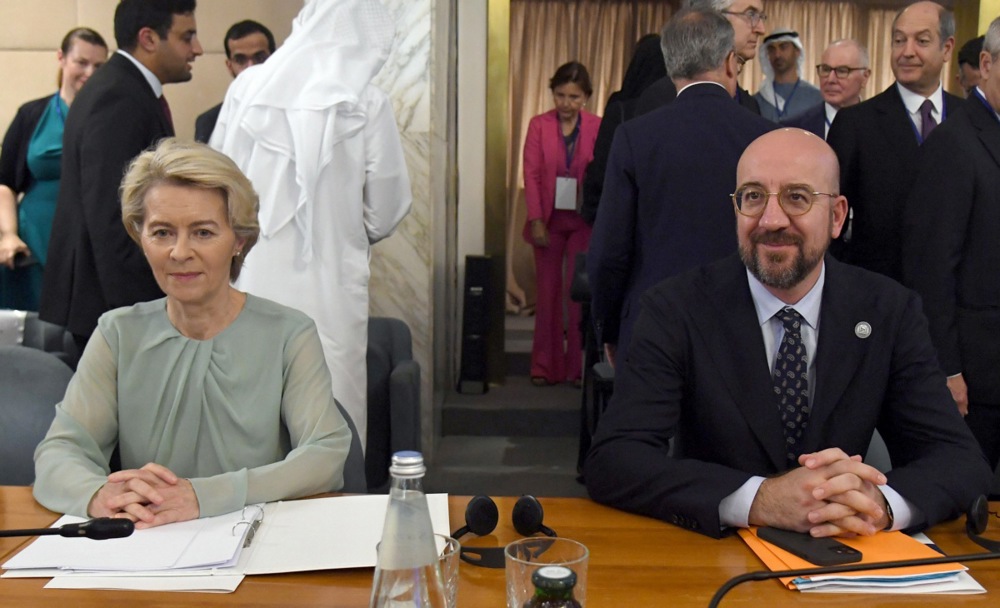The European Commission has been accused of knowing about alleged Saudi atrocities on the Yemen border and doing nothing.
While allegations of the murder of migrants by the Saudi border guards has only received publicity recently, during a press briefing with the EC journalists on August 31, the Commission was accused of having known for months.
Nikolaj Nielsen of the EUObserver pointed out that as early as October 2022, the UN had released allegations of the massacres, and that EU officials must have been aware. He was backed up by a reporter from the New York Times, who claimed her Washington colleagues told her that high-level EU officials had been briefed on the alleged murders in December 2022.
In light of this information they pressed the EC on whether this had been raised in meetings between EU and Saudi officials. EC spokeswoman Nabila Massrali gave a non-committal response, and only confirmed that the executive noted the reports “with concern”.
A report has claimed that hundreds of illegal migrants have been killed by Saudi border-control forces on its Yemeni frontier.
Released by Human Rights Watch (HRW), the report detailed alleged atrocities by Saudi border guards between March 2022 and June 2023. In this period, hundreds of Ethiopian migrants attempting to cross from Yemen into Saudi Arabia were reportedly killed.
The apparent abuses, including the alleged use of explosives and mass shootings, affected women and children and appeared to be systematic. If such killings were committed as part of a Saudi Government policy, they would constitute a crime against humanity, according to the HRW report.
Witness accounts described scenes of migrants being attacked as they crossed into Saudi territory. Survivors reported the deaths of many fellow migrants, with some estimating up to 90 fatalities in a single incident. Others spoke of having to take refuge under rocks to escape gunfire, only to end up surrounded by dead bodies.
While the exact number of alleged casualties remains unclear, HRW compiled the report from interviews with 42 Ethiopians and their relatives, as well as analysis of social media content and satellite imagery.
The West’s historically strong ties with Saudi Arabia along with the country’s position as a major oil producer oil and its financial investments have kept relations solid with the EU. This now raises fresh problems for the bloc in regards to the Gulf Kingdom, as the EU often presents itself as an international torchbearer for human rights.
When asked by the press to confirm if EU officials had been briefed about the apparently brutal border practices, the EC said it would “have to stop at the comments [given] to this point”.
The EC promised that the EU “will raise its concern with Saudi Arabia and the Houthi de facto authorities in Sanaa, Yemen”.
Yemen is currently torn by a civil war between government forces and the Iran-backed Houthi rebels. Similar to Libya, this has made the country an open route for many migrants to slip into the oil-rich state.
When asked if Josep Borrell, the EC’s High Representative and the EU’s de facto foreign minister, had raised the issues with his Saudi counterpart, the EC gave no answer but said it would soon do so.
The HWR report comes after Saudi Arabia sentenced a journalist to death over tweets he made. When asked about that case, the EC spokeswoman merely said the EU condemns the death sentence in general.





